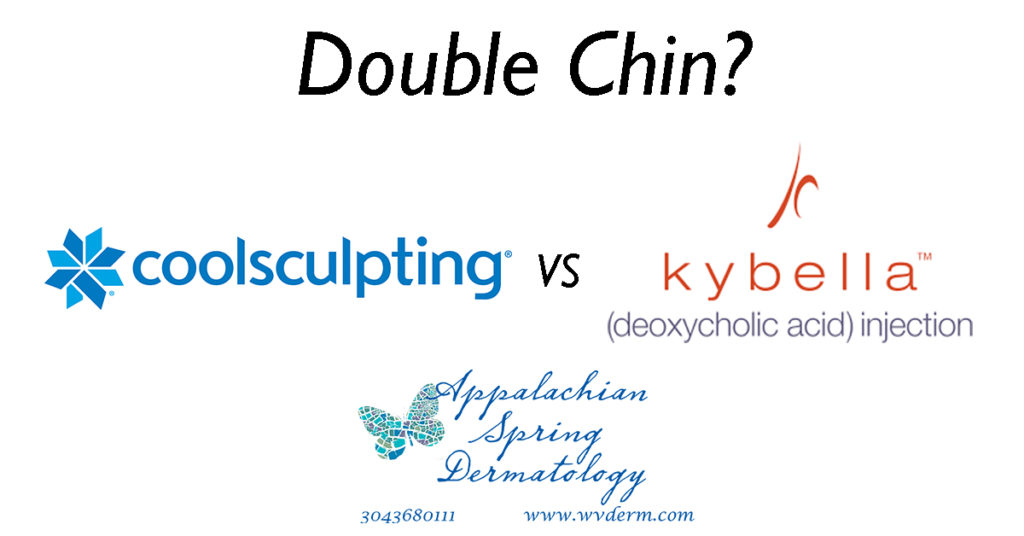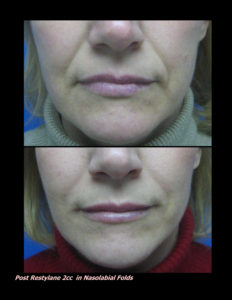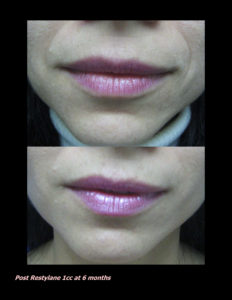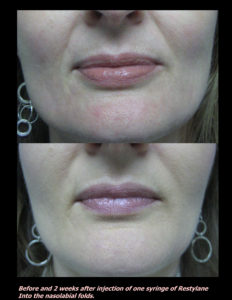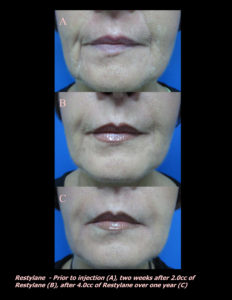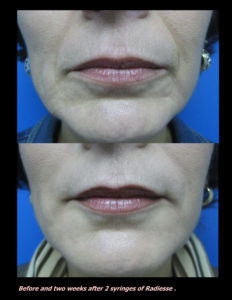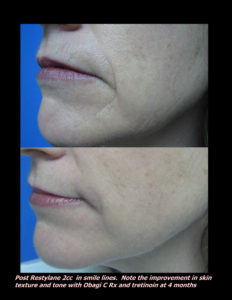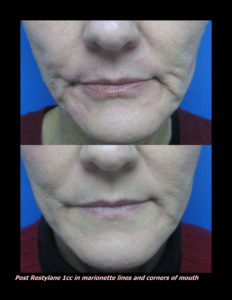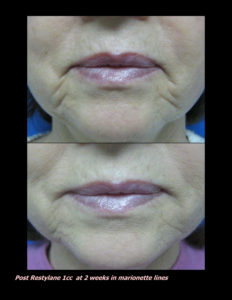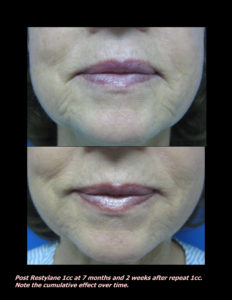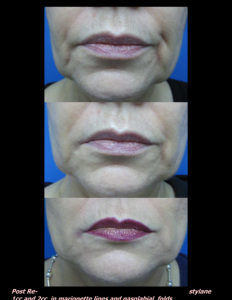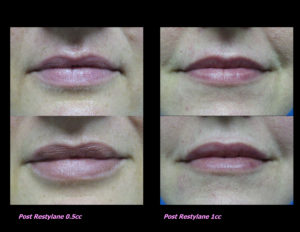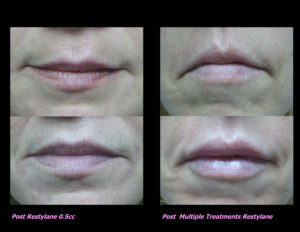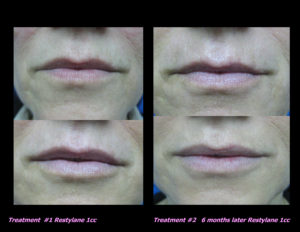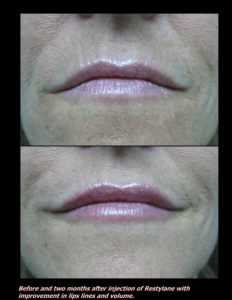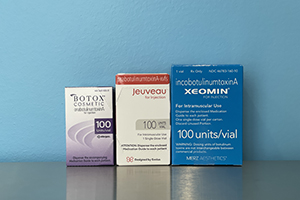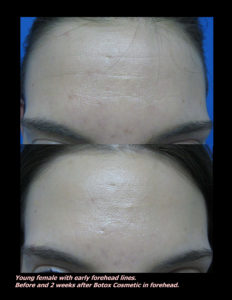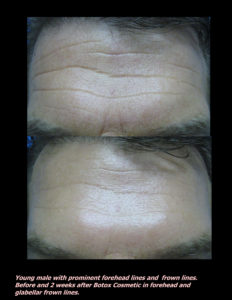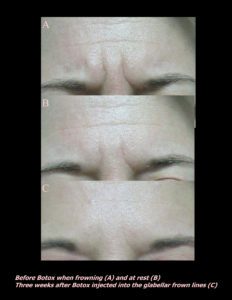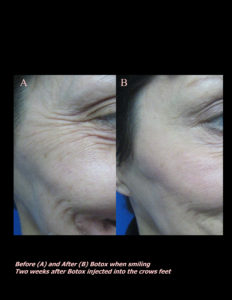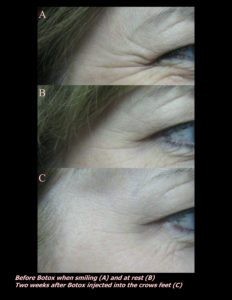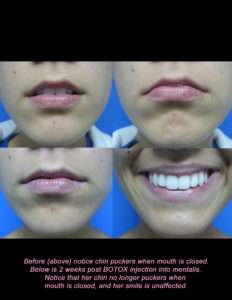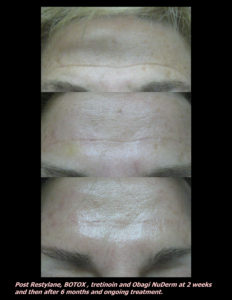Blue Light and your Skin
Most of us are reading this on a screen; computer, cell phone, iPad or another device. Unfortunately, those screens in front of our faces emit blue light that is hazardous to our health.
To be honest, I first learned about the severity of the hazards of blue light to our health in a great book that I reviewed in an earlier blog post, Sleep Smarter by Shawn Stevenson.
Blue light is light in the spectrum of 380-500nm, but many scientists suggest that the wavelengths 380-400nm are the most concerning. Blue light is present in lower levels in sunlight and indoor light but is most intense in our screens.
Blue light is believed to be harmful to your health in several ways:
- Disrupts your circadian rhythm and sleep cycle.
- Damages your eyes and increases the risk of macular degeneration
- Damages your skin: Blue light penetrates even deeper in the skin than UV light. It is now believed that it plays a significant role in discoloration and abnormal pigmentation in the skin including brown spots, age spots, freckling, and melasma.
Using Blue Light for its Benefits
But wait, don’t we use blue light in dermatology to treat the skin? Yes! We also use UV light and Blue Light to treat some skin conditions. However, 15 minutes in moderation for treatment of the skin does not compare to the HOURS we spend each day in front of devices. The wavelength of the blue light we use in the office is 400-450nm. To learn more about the therapeutic use of blue light, check out our website. http://www.wvderm.com/blu-u-blue-light-acne-treatment/
Because of the adverse effects of blue light on our health, there are several ways we may want to limit exposure.
Ways to avoid blue light
- Turn on the night shift on Apple devices. Most people do this in the evening for sleep reasons. I turn mine on all day for skin reasons. In Apple devices, go to settings>display and brightness> Night shift> Set to be on night shift all but one minute of the day… 7 PM to 6:59 PM because it won’t let you select all day. Then, make the color as warm as possible. It will make your screen look a peach color. I promise your eyes will adjust and you’ll barely notice it in time.
- Install flux on traditional computers as well as other devices. Similarly, this can be set to mimic circadian rhythm or can be turned on all day justgetflux.com. It is a free download. I have had it on my personal computer for about two years with no problems. Just remember to turn it off if you are editing photos. Note, that it can’t be used on Windows 10 because they have their own built-in filtering system.
- Glasses that block blue light. These aren’t the most practical but are available for watching TV at night, etc. There are hundreds of options available at Amazon.
- Protect your skin with a sunscreen that blocks blue light. There are a number of sunscreens and creams that are available to block blue light. Just another good reason to apply sunscreen to exposed areas every day. In our Spring Boutique, ZO Skin Health Sunscreens and Colorescience products all block blue light.
To learn more about ZO Skin Health or Colorescience products, check out our website.
If you have trouble with sleeping, check out my blog post about the Sleep Smarter book.
If you find these blog posts helpful, please share them on facebook, twitter or your social media preference using the buttons below. Also, you can email them to a friend.
Follow us on Facebook for event info, videos, and more!
If you would like to receive these posts in your email inbox, Subscribe to our Site!









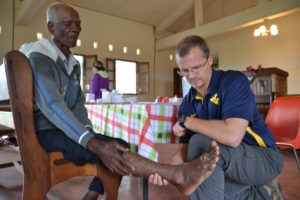




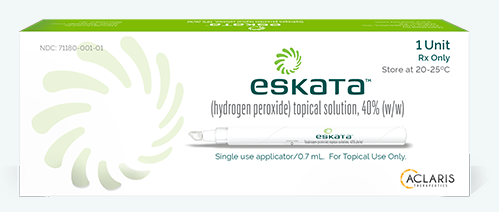

 Laser Vein Reduction Treatments
Laser Vein Reduction Treatments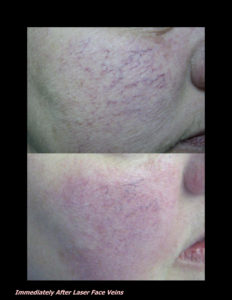
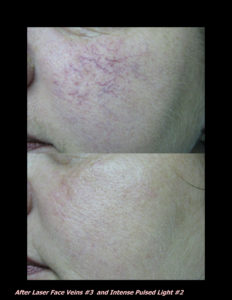
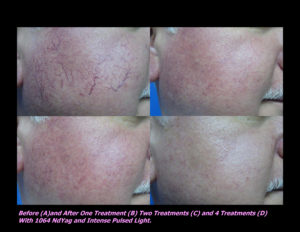
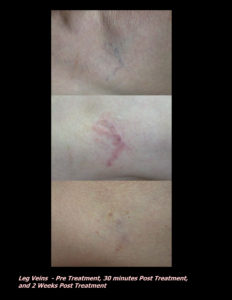
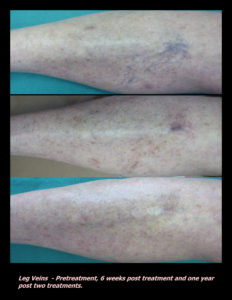
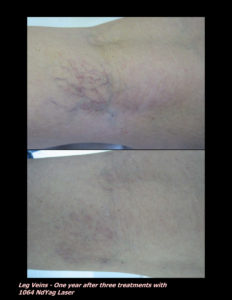
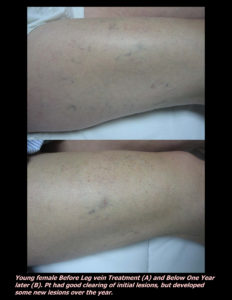
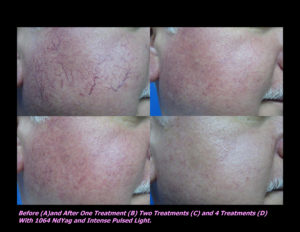
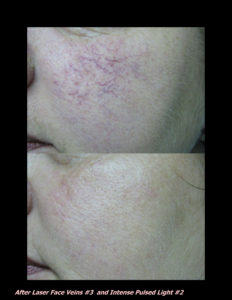
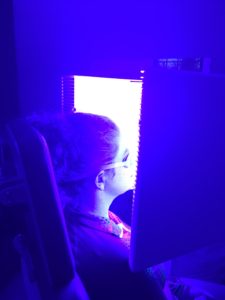


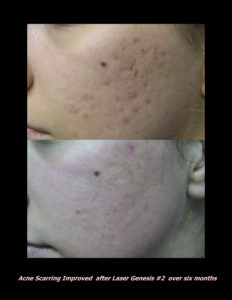
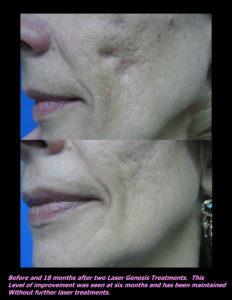


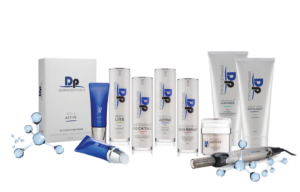 DP Dermaceutical Products
DP Dermaceutical Products